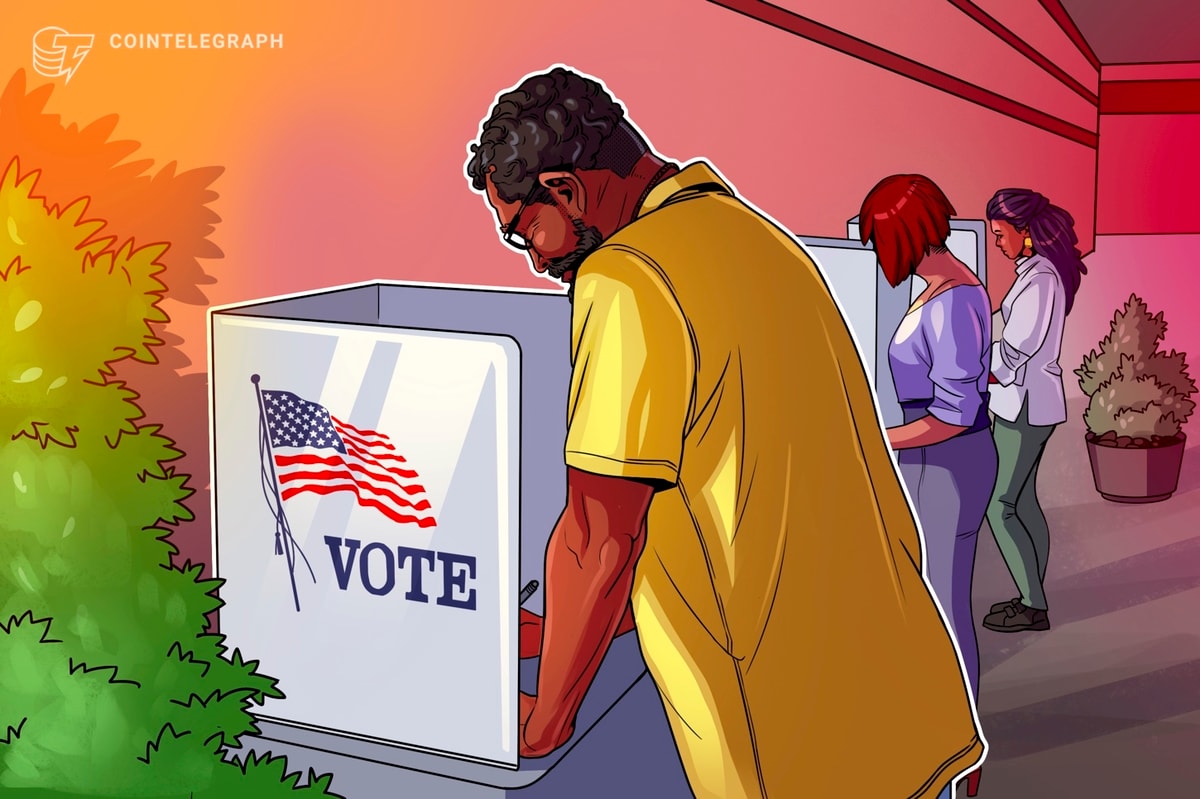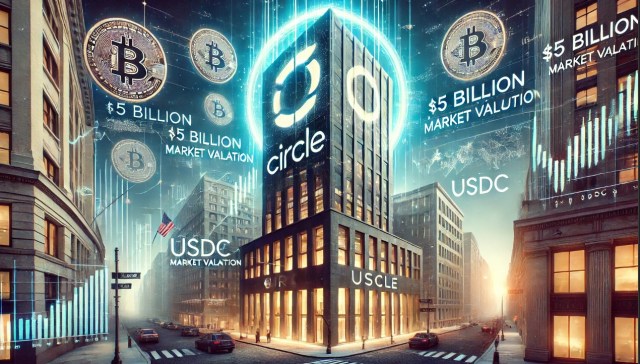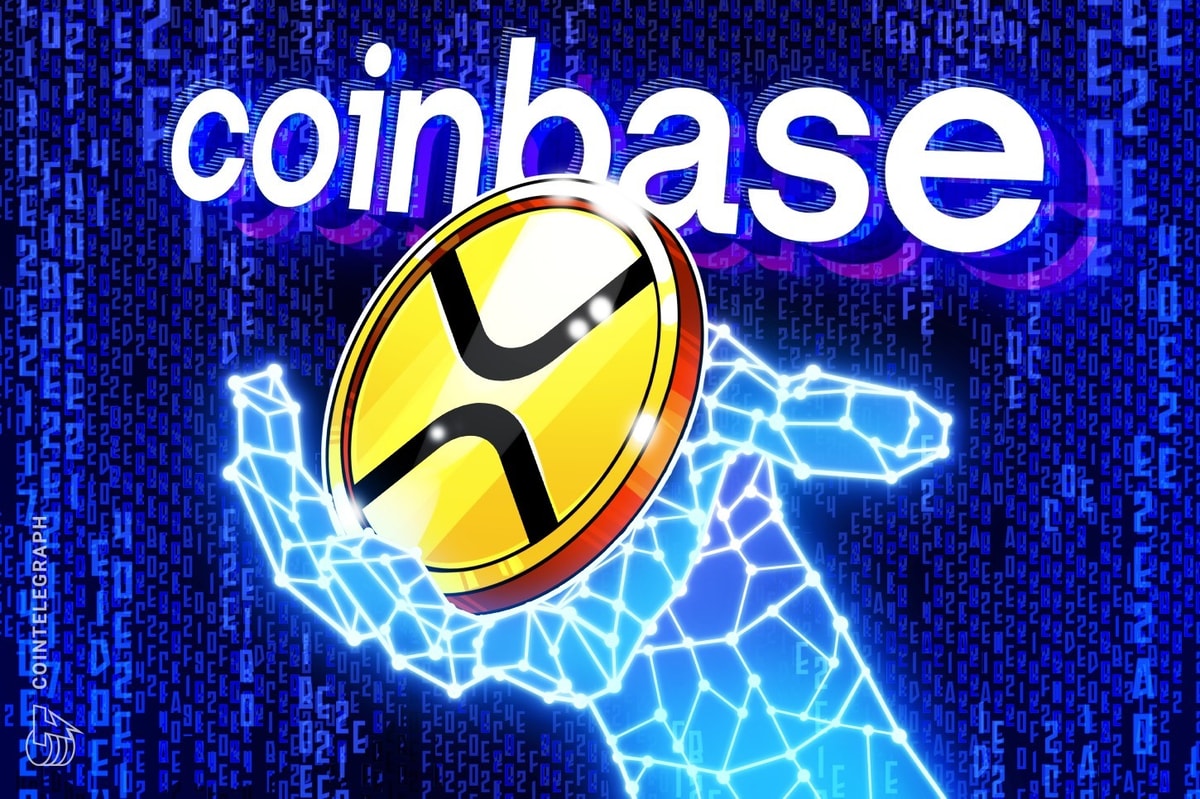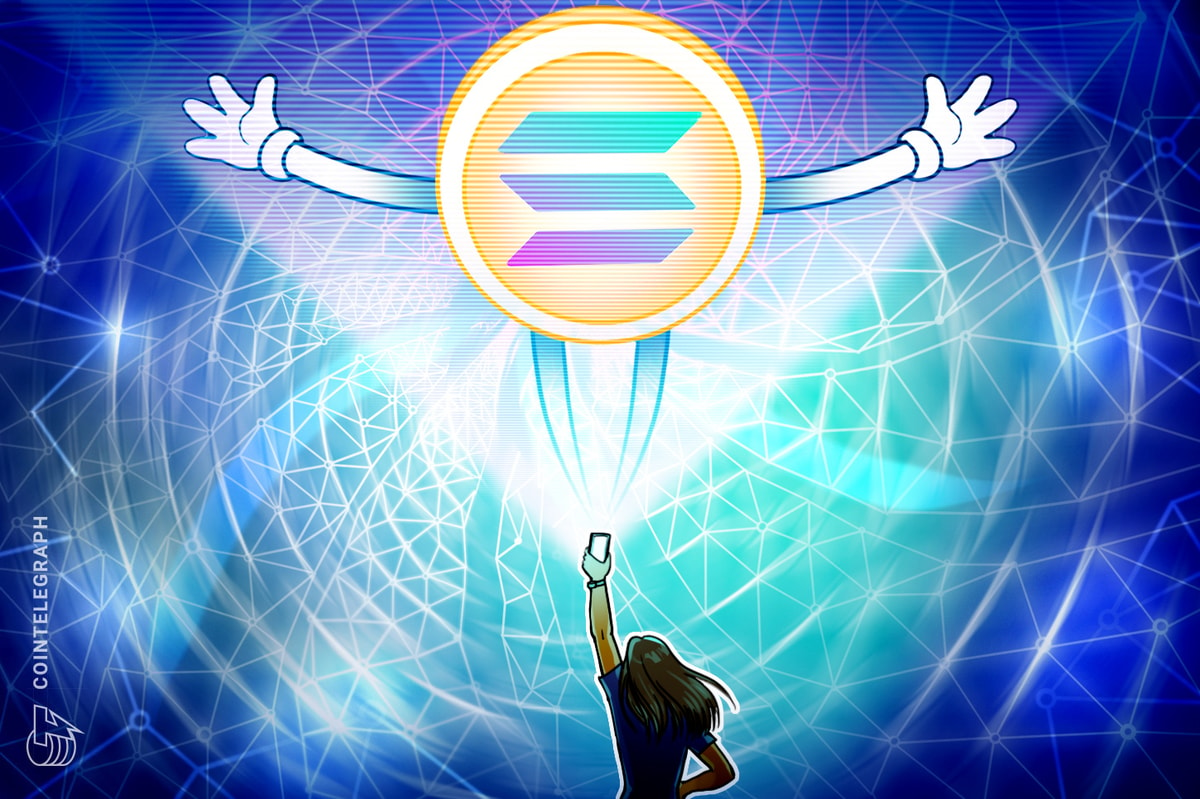While presiding wisdom suggests that a Solana exchange-traded fund isn’t happening anytime soon, one executive says a long-closed crypto fraud case from 2018 could give a hint on how to turn things around.
VanEck’s Head of Digital Assets Research, Matthew Sigel, recently wrote on X that his firm still believes SOL is a commodity, much like Bitcoin (BTC) and Ether (ETH). This classification is necessary for Solana (SOL) to get its own crypto ETF in the United States.
“This belief is informed by evolving legal perspectives, where courts and regulators have begun to recognize that certain crypto assets may function as securities in primary markets but behave more like commodities in secondary markets,” he wrote on Aug. 20.
Sigel referred to a six-year-old, now-closed court case against My Big Coin, a fraudulent crypto payments company.
Source: Matthew Sigel
The Commodities, Futures and Trading Commission charged the firm’s founders in 2018 with fraudulently selling customers a “My Big Coin” token and lying about its usage and value, saying it breached the Commodities Exchange Act.
The defendants attempted to dismiss the case, arguing that the My Big Coin (MBC) token was not a commodity because futures contracts that reference it do not exist.
However, the judge rejected the argument, noting that My Big Coin is a “virtual currency” in the same way that Bitcoin is, making an analogy with natural gas.
This was enough for the CFTC to allege MBC is a commodity, allowing the case to go ahead.
The founder was later convicted by a federal jury in 2022 and later sentenced to 100 months in prison and ordered to pay $7.6 million to victims of his scheme. Sigel added:
“This same logic could apply to digital assets like Solana, and could shape the future of ETF regulation.”
But in the near term, other ETF commentators are less optimistic.
Solana ETFs have “snowball’s chance in hell”
Bloomberg ETF analyst Eric Balchunas commented that after Cboe reportedly removed its 19b-4 filings for Solana ETFs from its website, the ETFs now have a “snowball’s chance in hell of approval.”
On Aug. 16, reports emerged that Cboe had removed the 19b-4 filings for two prospective Solana ETFs from its website’s “Pending Rule Changes” page.
Some have speculated the United States Securities and Exchange Commission rejected the filings before they could even undergo formal consideration due to the regulator’s “concerns” over Solana’s classification as a security.
Source: Eric Balchunas
“Yes, near-zero chance in 2024, and if Harris wins, there’s prob near-zero chance in 2025 too. Only hope IMO is if Trump wins,” said Balchunas in response to a comment on his original post.
“Solana ETF not happening anytime soon under the current administration,” wrote ETFStore president Nate Geraci in an earlier X post on Aug. 17.
Geraci has previously argued that the approval of Solana ETFs would hinge on Solana (SOL) being classified as a commodity.
Related: Brazil poised to launch world’s first spot Solana ETF ahead of global markets
Meanwhile, Sigel also noted that VanEck’s S-1 filing is “still in play” despite Cboe removing the 19b-4 on its website.
“Remember that Exchanges like Nasdaq & CBOE file rule changes (19b-4) to list new ETFs. Issuers like VanEck are responsible for the prospectus (S-1). Ours remains in play.”
Cointelegraph reached out to Cboe Global Markets for comment.
Magazine: 11 critical moments in Ethereum’s history that made it the No.2 blockchain











